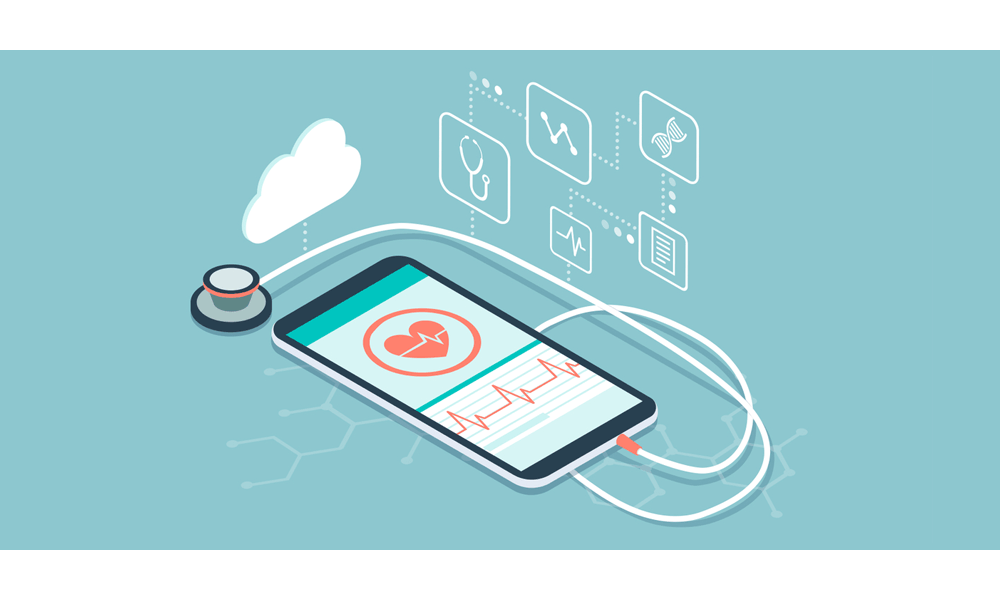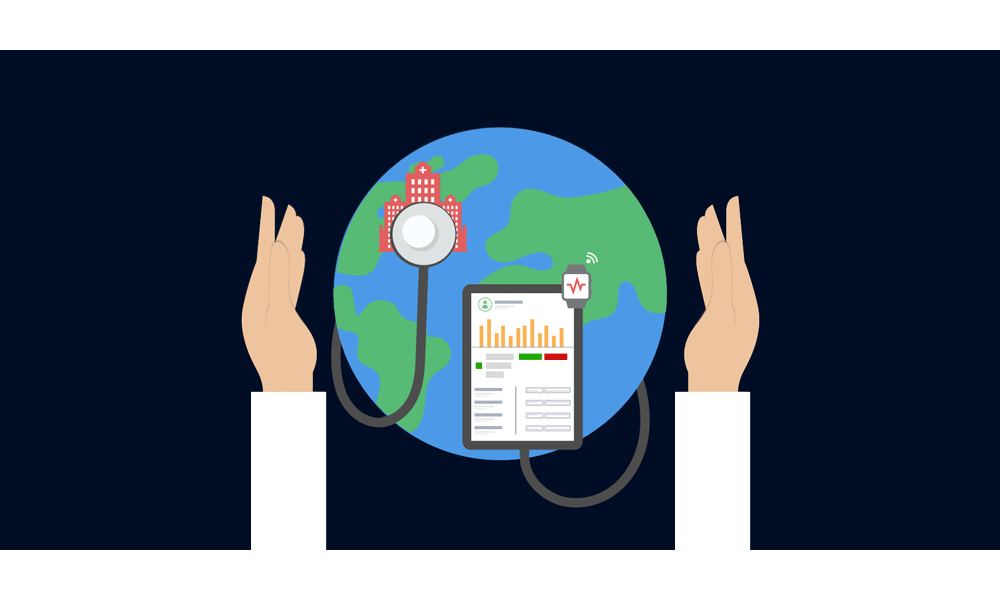"Fast", "easy" and "free" are three words that come with the modern internet and mobility. In the fast-pace connected world, we have all accustomed to conveniences.
With technology evolving, the ways we communicate, travel and see the world, have become a lot easier than what they used to. This is reflected to the many aspects in life, including how we maintain our health. And as for wellness, many of us are dependent on health apps we have on our phones or arms or wrists.
Those gadgets are built with numerous array of sensors, and can be synced with external sensors for increased capabilities. One day, the enhanced world of internet and connected gadgets can hold the keys to help us manage our lungs, hearth mind and body shape.
For good reasons, this mitigate traditional needs for doctor consultation. At the very best, thanks to the internet, we can also scout for remedies and even drugs to cure diseases.
But can we really trust them? Can we rely on them? The answer can be a "yes" and a big "no", and here is why:

Typically, healthcare treatments undergo rigorous testing before doctors can start recommending them to patients.
For someone who visit their doctor to do something like losing weight, doctors rely on decades if not years of scientific studies that have been established and trusted to be the best methods. Drug companies are required to meet a high bar to prove that their drug is safe, and works.
That is all to meet the acceptance of a country's agency that control and supervise food and safety.
With the internet becoming one huge source of information, there is one big problem: the web is an open ecosystem. Anyone can just create a blog or social media post, or a vlog, and say that they are competent in the field by referring to some sources or research.
And as with healthcare apps that have been helping users to search for help to change their habits and improve their health, the developers don't face the same standards that drugs, doctors, and other experts do.
Instead, those apps treat what they call "patients" as their "users". Just like how any app out there would.
Read: When Things Are Free On The Internet, They Aren't "Free". Your Data Is Expensive
Going to more details, companies and developers are also keeping interactions short.
This is because too much information can create lag, and in this face-paced world, speed is the key when interacting with the internet and apps. Lag will just drive people away, making the task of self-improvement seem burdensome, and hurting business.
What's more, sensors on gadgets, no matter how good they can be, they may not match the abilities of dedicated hardware. This is because sensors embedded on gadgets to calculate heartbeat or pace, for example, were made inside a factory with numerous suppliers, meaning that there can be defects.
And in terms of privacy, trusting apps with your health data means that your personal habits and activities, and other related data to your body are stored on servers operated by some companies that aren't related to hospitals or those licensed in medical care.
And for last, users of the clouds and Internet of Things (IoT) should know that there is literally no place to hide.
For those people that are seeking health using the internet and apps, the above reasons should not not be taken lightly. But you should not panic.
There are numerous websites created solely with health in mind, with some have been accredited by Utilization Review Accreditation Commission's approval, for example. URAC here helps promote health care quality through the accreditation of organizations involved in medical care services, as well as by offering education and measurement programs.
Apps and gadgets' sensors are also becoming increasingly better in detecting anomalies, like some smartwatches are found capable of saving their users' lives when they detect irregular heartbeats, for example.
Companies and developers are also researching for new capabilities by implementing scientific study methods when creating/updating their products. Many of them are also consulting with specialists in the field to list consultations, or any affiliations with a medical institution, in their descriptions.

Conclusion
Yes, the technology in the field of internet healthcare is evolving for the better. With it, convenience is the appealing part where anyone can have access to information related to their body.
But here, the public needs to be really careful when trusting some sources on the internet and health apps out there.
"Patients" or "users" that want to assess drugs or behavior change treatments shouldn't necessarily rely on them as the gold standard of evaluating health. Again, that is because anyone can create an internet post and an app.
Instead, they should consider information from the internet and data from apps as the source for precaution and knowledge of what they are aiming to do.
While most internet information and health apps don't have scientific evidence behind their claims, "users" can still benefit from motivating messages and prompts to share how they're feeling to the community.
After all, the internet is meant to be social, and most things that connect to the web benefit from crowdsourcing information, and delivering them back to the people that need them.
It's unlikely that government agencies that control food and safety would carefully select and certify medical information and health apps out there. But what is clear here is that app developers, as well as scientists and doctors, have a lot to learn from each other about the value of evidence and user testing.
